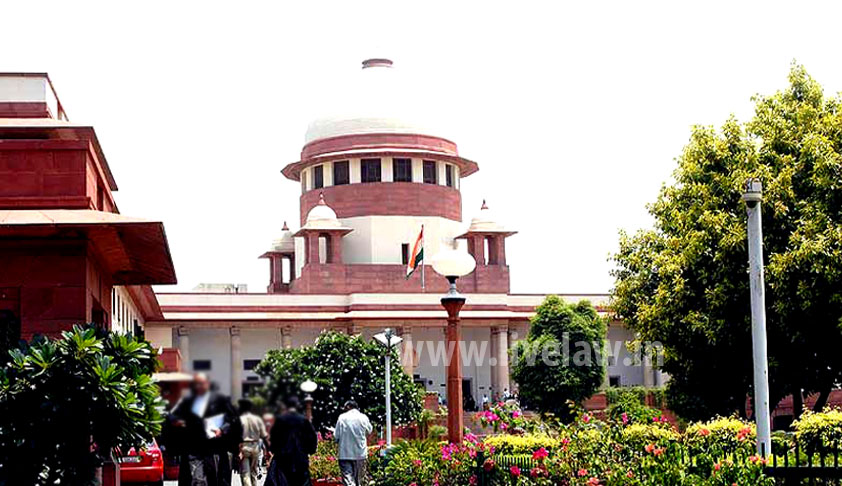Association for Democratic reforms and Subhash Agrawal file PIL in SC for brining political parties under RTI Act
Apoorva Mandhani
20 May 2015 10:31 AM IST

Next Story
20 May 2015 10:31 AM IST
A Petition has been filed in the Supreme Court by Association for Democratic Reforms and RTI activist Mr. Subhash Agrawal, demanding that all political parties should be brought under the ambit of the Right to Information Act, 2005 as “public authorities”.It prays for mandating the following disclosures to be made by all national and regional parties:Complete details about their income...
